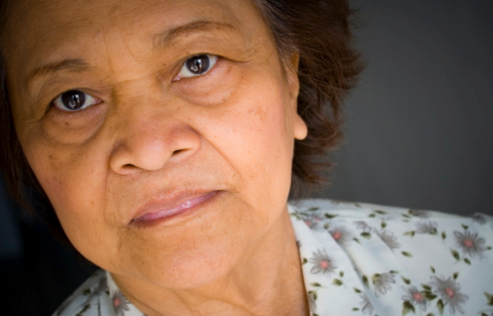As the population ages in Australia, the workforce is also getting older. The Australian Bureau of Statistics (ABS) Labor Force Statistics suggests nearly 40% of the workforce is currently over 45 years old, and the number will likely rise in the upcoming years. Over the past decade, we have seen a notable increase in the workforce participation of those aged between 45-64 years old, particularly among women. Around 79% of women aged between 45 and 55 are either working or looking for jobs, and for the older group of 55 to 64 years old, 59% of them are in the labour market.
However, working as a mature age woman is not easy. With some employers favouring younger workers, many mature age workers work fewer hours than they desire, particularly among those in part-time work. This phenomenon is often described as underemployment, and is particularly prevalent among mature aged women. Currently 9.4% of all females workers aged between 45 and 55 are underemployed, compared with 5.7% of males in the same situation. In addition, the ABS statistics show that after the age of 45, underemployed women had a longer duration of insufficient work than men. The growth of part-time and ‘flexible’ work arrangements is likely to push these numbers even higher. Recently released ABS figures suggest fewer Australians are employed full-time, despite a drop in the unemployment rate in the last quarter of 2016.
Underemployment is associated with job insecurity, increased casualisation and signals an inefficiency of the utilisation of skilled labour. The loss of labour activities among mature age workers not only worsens the individual family’s financial situation, but also has a substantial impact on the national economy. The latest Australian Human Rights Commission’s Willing to Work report estimates a $25 billion gain in the size of the economy if we can increase the labour force participation rate of mature-age’s workers by 7%.
Underemployment is associated with job insecurity, increased casualisation and signals an inefficiency of the utilisation of skilled labour. The loss of labour activities among mature age workers not only worsens the individual family’s financial situation, but also has a substantial impact on the national economy.
Despite the potential economic gain, many employers or recruiters remain unaware of the benefits of employing mature age workers. In its latest report the Australian Chamber of Commerce and Industry attempted to rectify this by identifying some of those mature age benefits such as strong commitment, high loyalty and increased likelihood of staying with one employer longer than younger workers. It also suggested older workers bring the advantage of keeping corporate knowledge with experience and lessons that can be transferrable to other workers. From a purely marketing point of view, employing and retaining mature age workers also promotes diversity in the workplace.
Our earlier research found that several determinants contributed to the likelihood of underemployment among mature aged women. Our findings suggest that among matured aged women workers, underemployment may be associated more closely with other factors than just monetary rewards. We also found the likelihood of a woman experiencing current underemployment is greater than male, if she has already experienced it in the past. Further, mature aged women from non-English speaking backgrounds were found to have a higher chance of being underemployed, indicating that language barriers may still exist, prohibiting these women to fully participating in the labour market.
So, how do these women close their working hour gap? Unfortunately, increasing an older woman’s working hours is not easy. Recent ABS statistics reveal that there are more underemployed women workers aged 45 and above who are available and looking to increase their working hours than men. Nevertheless, as indicated by the ABS there would appear to be a lack of demand in the labour market.
The top three reasons cited to explain the difficulty underemployed women encounter when seeking increased working hours were a lack of jobs in general; or no available jobs in a suitable line of work; and finally, too many applicants for those few jobs that were available. This is despite various efforts undertaken by these women to increase their working hours, including their own search to find new potential employers.
In conclusion, we believe there is a need to increase employer awareness around the many benefits of employing mature aged women, and employer incentives to encourage them to employ this group of workers is also required. From the supply side, older workers will need to increase their professional skills to keep up to date with the continuously changing needs of employers.
.




